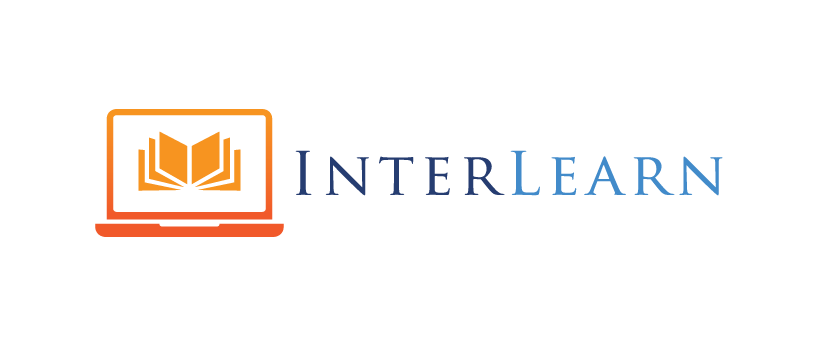Let’s make an assumption that you have achieved or have an intentional path towards the mindset of online curriculum in terms of systems thinking. You’ll notice in my post on The Mindset of Online Curriculum Systems that I have a focus on the value of scalable curriculum in order to meet the consumer demands of accelerated learning. To really serve the adult learner’s need for fast and relevant learning, adjunct facilitation because a crucial aspect to scaling success, and in that, curriculum must also be standardized.
Something else important is providing the space to ensure personalized learning. Indeed, by choosing what is standardized, you can focus the learning experiences to be very personalized. Standard learning approaches, presentation, rubrics, and expectations provide the creative space for well-trained adjunct faculty to innovate, and the reflective space for learners to make decisions more relevant and immediately applicable for their own needs.
This really brings to high value the need for adjunct facilitator investment. I am not referring to the orientations or tools training. I’m referring to the exposure of coaching approaches. There is never a one-size-fits-all due to different audiences, different degree programs, and different facilitator skills. However, academic coaching practices are a key mindset for a facilitator to embrace, and for the administration to support.
The ultimate distinctive to ensure in your efforts to have curriculum fit within a program architecture is having the program be sellable and effective. Not only do your adult learners need to experience motivation and relevance from your program, but we need to help them be marketable, as Amy Mayer humourously helps us understand.
Organisations do not care about formatting standards, test taking, or rubrics. They want their employees to be articulate and skills in the area they are being hired, with a major bonus for those with the soft skills of decision making, critical thinking skills, and communication skills. However, we have to motivate learners to complete a program that provides these skills in order for them to be successful in their desired careers.
Understanding the Adult Learner
Adults are typically pretty goal-oriented. Our prospective adult learners want a promotion, a job, or a better job. Perhaps a different job. Bottom line, we’re looking at career goals. There are challenges though around the fact that adult learners usually have been out of school for a number of years and are frankly, afraid. Imagine being in a very dark room with no visible way out but you have a smart phone with GPS, somebody yelling at you, and you hear somebody trying to reach you. This is the overwhelmed emotional state many adult learners are.
As such, we have to keep it simple. Keep the programs very goal-oriented. Benchmark and research deeply into your potential programs, making sure that it is very applicable to a developing career. Then build around that program to help people develop specializations within that field, staying focused on the expertise skills and continual development on the soft skills. Your typical adult learner isn’t on a self-proclaimed fast track to post-graduate work. They are wanting proficiency immediately applicable for career development.
No silver bullet!
Just remember the biggest key of all. There is never, ever any silver bullet in this set of complex systems. If you are weak in your curriculum design, faculty investment, recruitment, advising, or financial aid processes, your chain will weaken. As such, it is critical to have cross functional teams as no one person can solve or advise on all of these topics. Lastly, and utterly most importantly, ensure the stakeholder representation of all levels. As there is an ever towering hierarchy of most institutions, we must keep in mind that our front line employees face the majority of the problems, and typically can solve them, as Patricia Lotich examples so well in her iceberg of ignorance!

Written by Dr. Willeke

Comments are closed